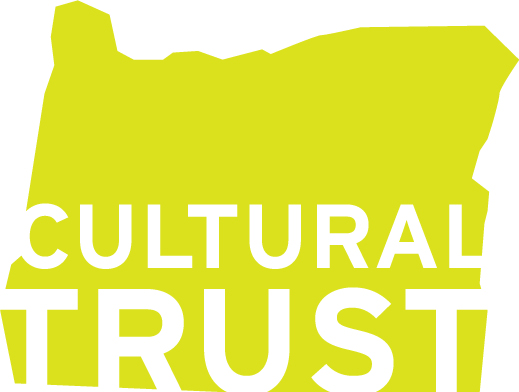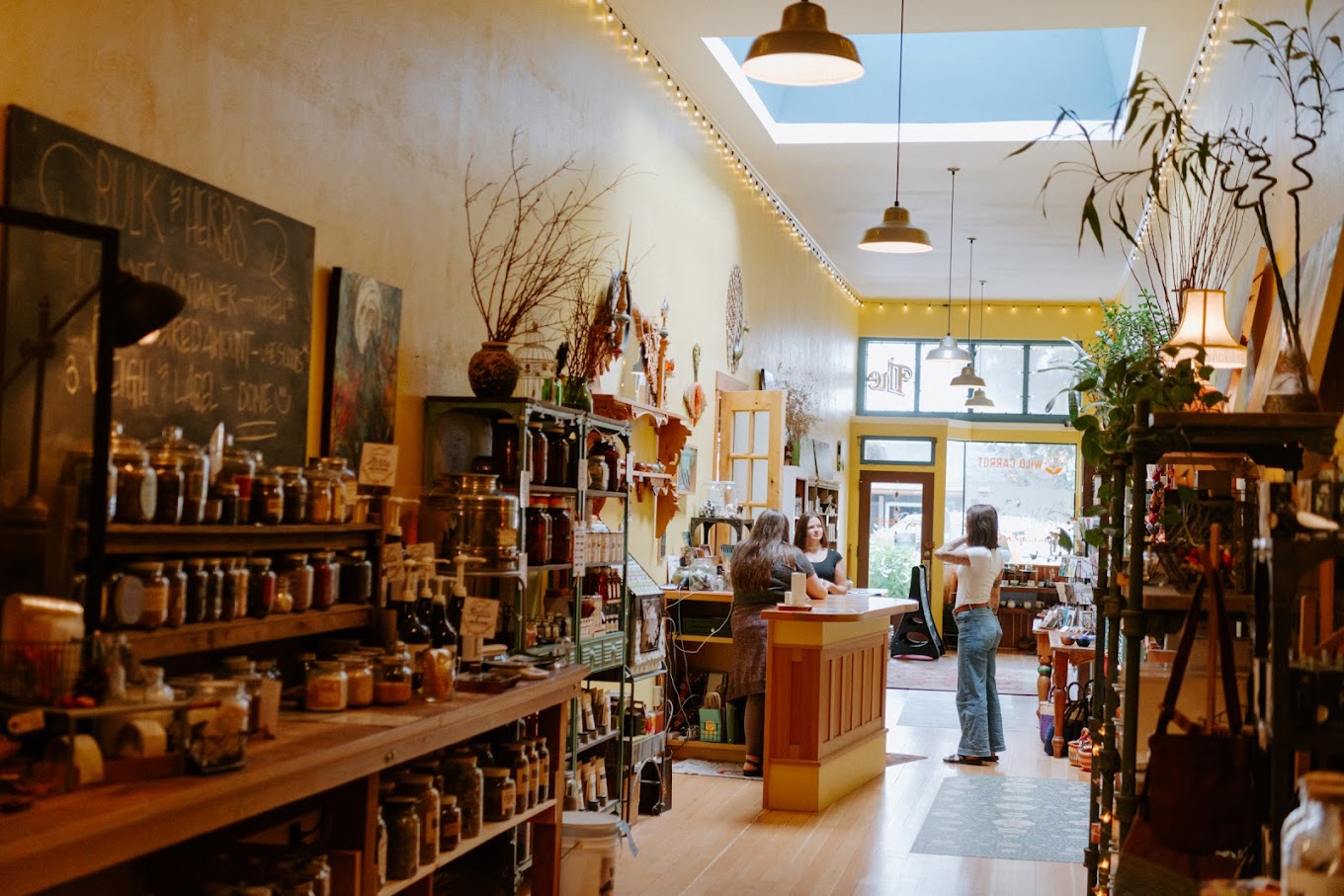
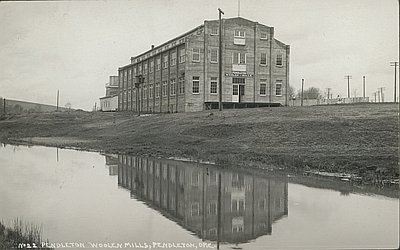
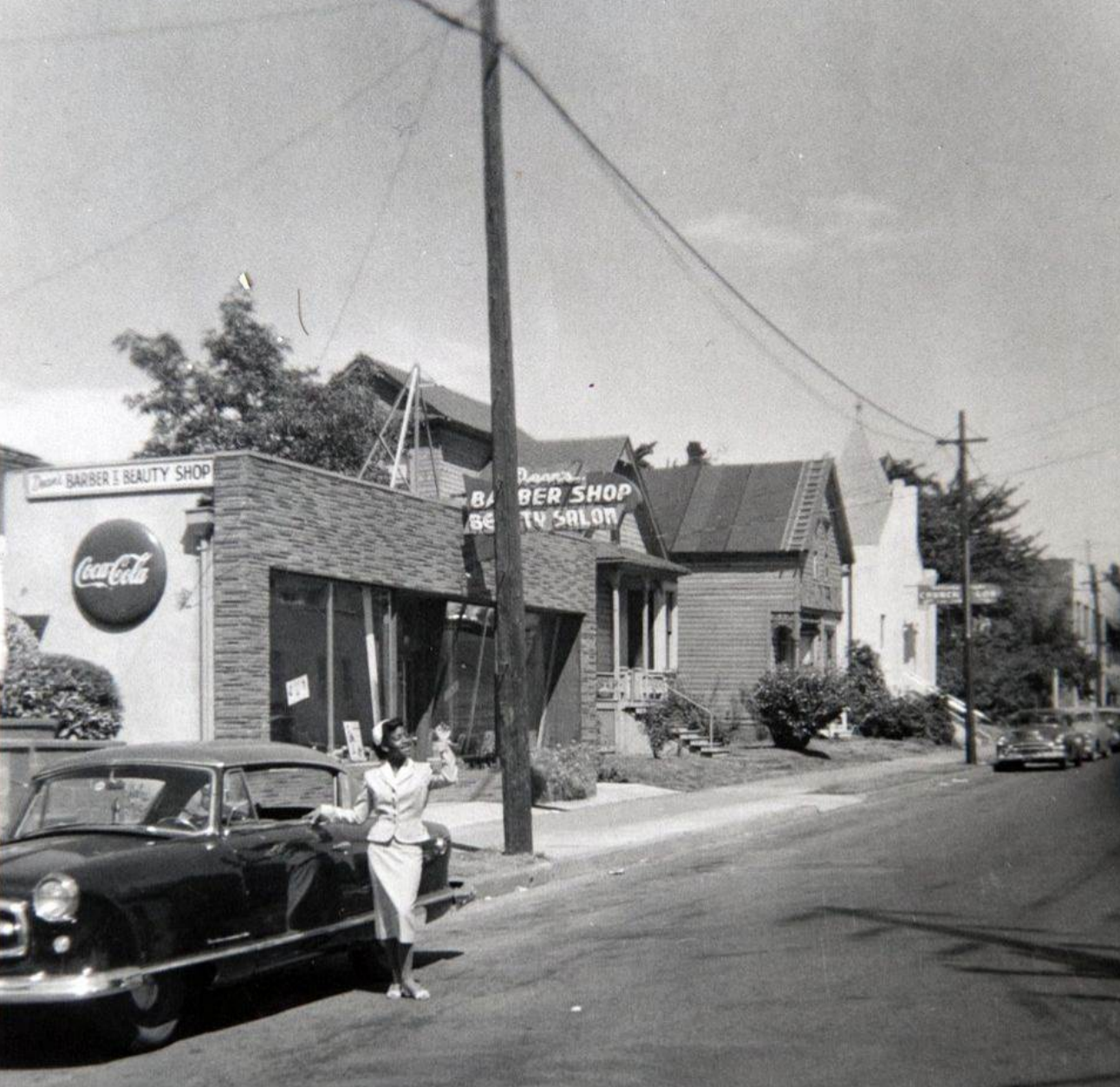
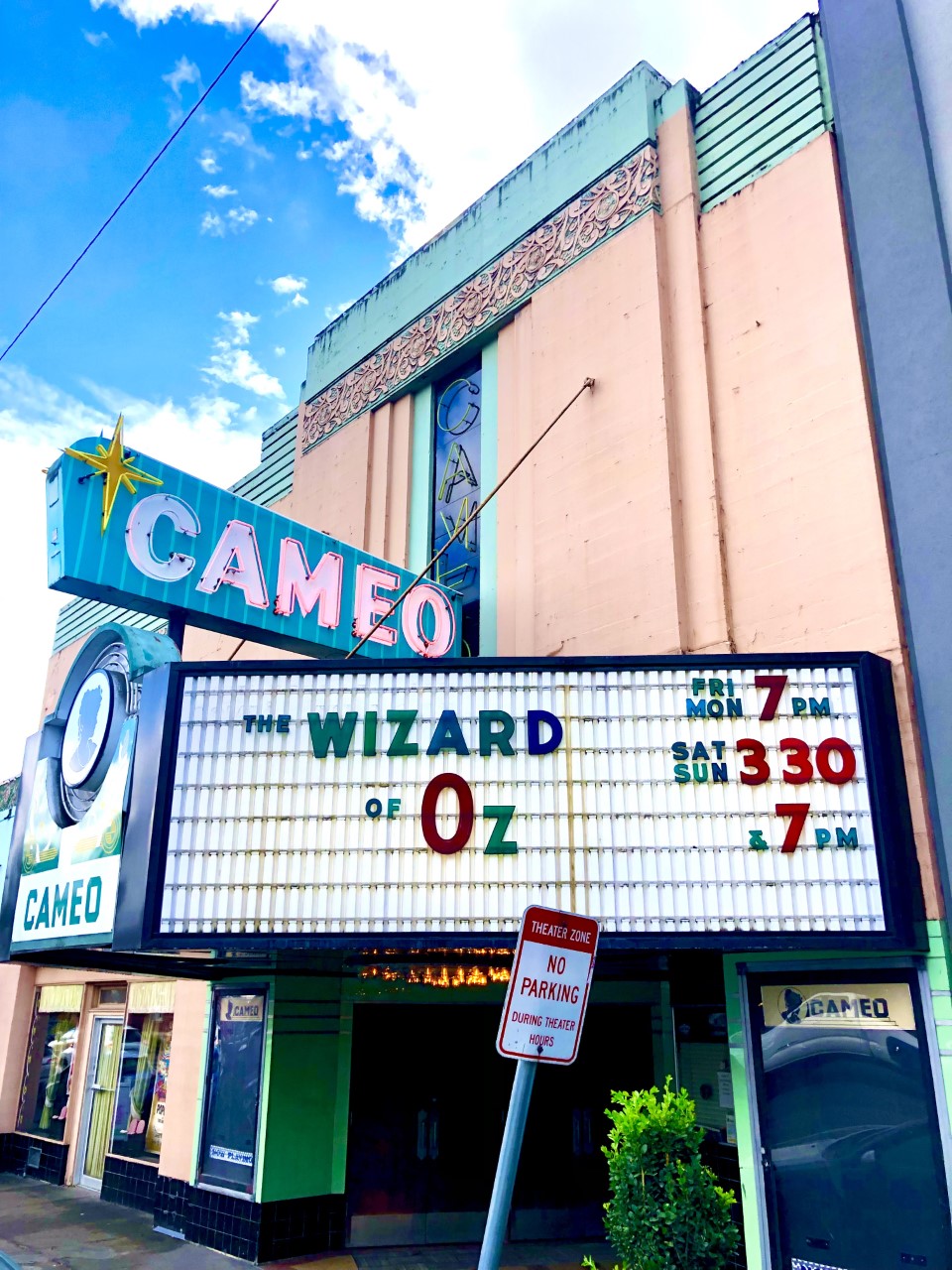
Restore Oregon, with support from the Oregon Cultural Trust and the National Trust for Historic Preservation, announces the release of Oregon’s Intangible Heritage: Supporting the Preservation of Legacy Businesses–a vital part of Restore Oregon’s commitment to pursuing new and diverse historic preservation programming for Oregonians statewide. The report lays the groundwork for more inclusive and responsive preservation practices in support of our state’s diverse stewards of cultural resources by outlining a program initiative for historic businesses in Oregon.
Historic small businesses continue to be lost at an alarming rate around the country and an immediate response is crucial to reduce the loss of places that serve as cornerstones of many communities. The current landscape for historic preservation emphasizes the built environment, with a particular focus on architectural heritage. While these efforts have seen success in architectural preservation, they are not geared toward historically significant businesses—especially excluding those that do not occupy historic buildings.
Our study takes a deeper look at the needs of legacy businesses, with additional focus on those that are BIPOC (Black/Indigenous/People of Color)—owned, and what a more concerted effort to preserve them might look like. Oregon’s legacy business base is significant with approximately 30,000 active registrations for businesses older than 20 years, 27% of which are BIPOC-owned. Through in-depth research and outreach, Oregon’s Intangible Heritage offers a clear analysis of current legacy business assistance programs, a summary of our data and outreach, and recommendations for establishing a statewide legacy business program with special emphasis on supporting those owned by the BIPOC community.
Recommendations include establishing a statewide Legacy Business Resource Center with regional offices and a two-pronged approach for services and grants tailored for business owners who rent their place of business and those who own.
This study is supported by the Oregon Cultural Trust.
Also supported by


